MedTech Week Magazine 2020 At a glance
Highlights from the 6th Edition of the Award-Winning MedTech Week Magazine
7 million
social media impressions
Future generations may ask: What did you do when the COVID-19 crisis struck? The pandemic challenged all of us, personally and professionally, and I am proud to be part of a sector that found solutions to our shared problems. In the face of adversity, we jumped into action.

19
Countries
Participating
40
Members
Engaged
12
Active Campaigning
Weeks
24
expert & patient
perspectives
88
activities
during this week
59,000
media impressions
75,000
website pageviews
300,000
billboard views
Articles
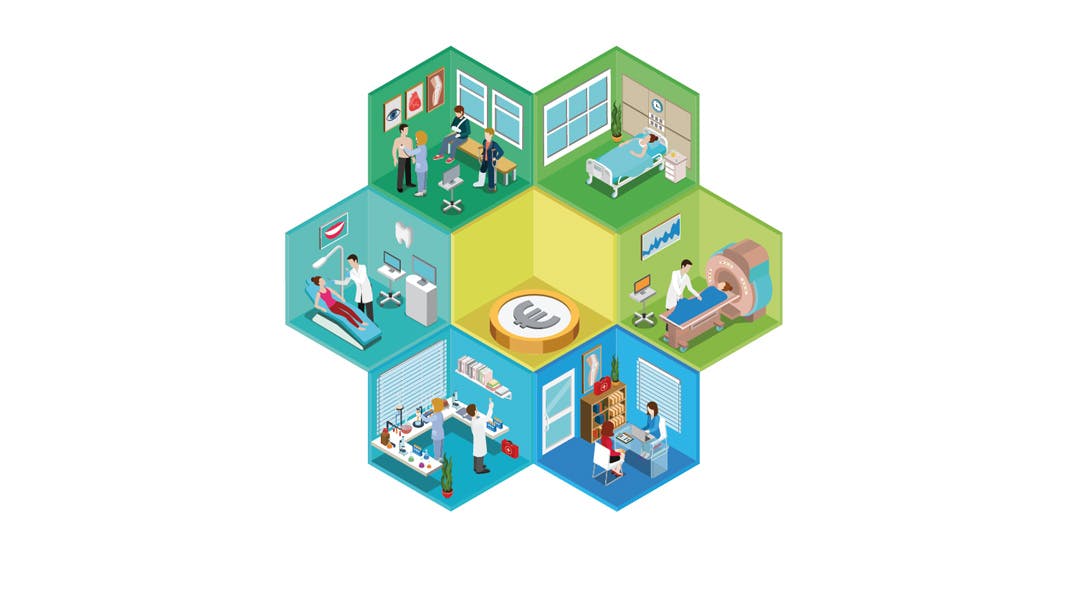
Delivering value
Value-based healthcare delivers the outcomes patients want – with the greatest efficiency

MedTech Europe launches Data Hub
Interactive platform provides the latest data on the medtech industry
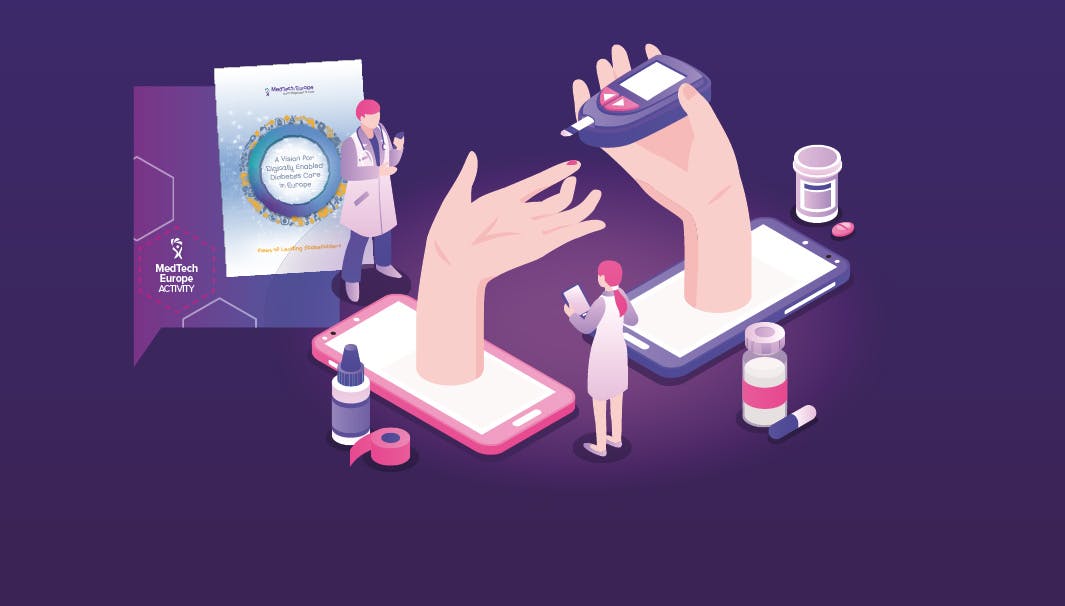
A Vision for a Digitally Enabled Diabetes Care
Digital tools are key to improve diabetes care.

Medtech takes the metro
Role and value of medtech highlighted across Brussels metro stations

The power of information in diagnostics
Webinar put the spotlight on the value of diagnostic information ‘in the new normal’

Building a healthy society and economy
The medtech sector is powering the future of health – and the economy

Medtech vs chronic diseases
For people with chronic conditions, health technologies are part of everyday life
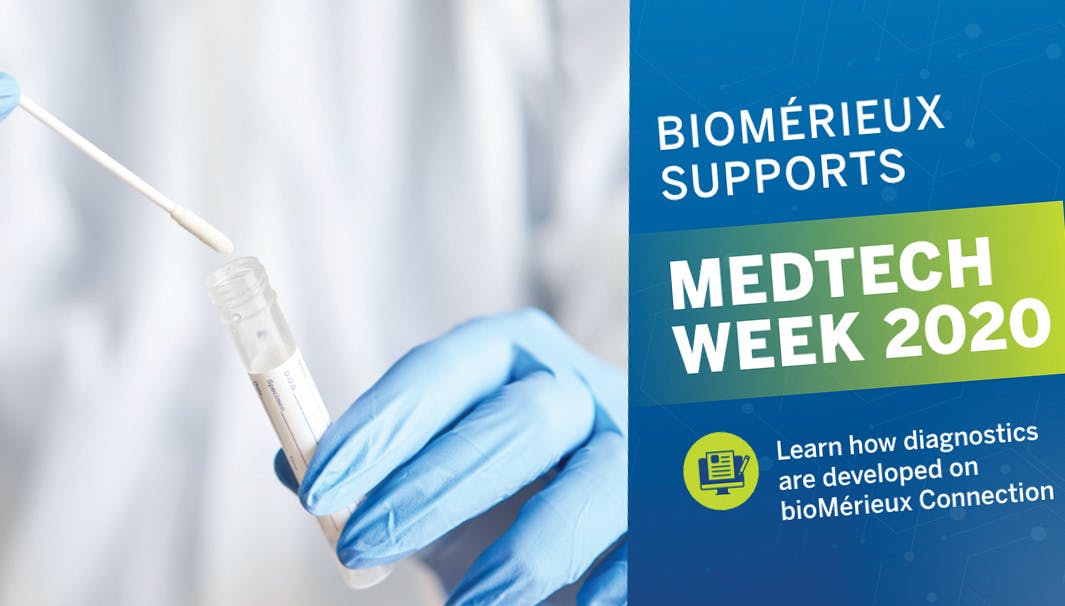
The power of diagnostics
Social media campaign illustrates the value diagnostics bring to health

France preparing for medtech future
Government pledges support for industry which has been at the heart of crisis response

Precision + efficiency = better care
Healthcare has never been more accessible, intelligent or dynamic
Perspectives

mHealth at a tipping point?
COVID-19 showed the value of digital health technologies. Now, financing new care pathways using such technology enables mHealth apps to go mainstream.

Health & research: why regulations matter
Researchers and clinicians must understand the regulatory rules so we can shape and apply them.
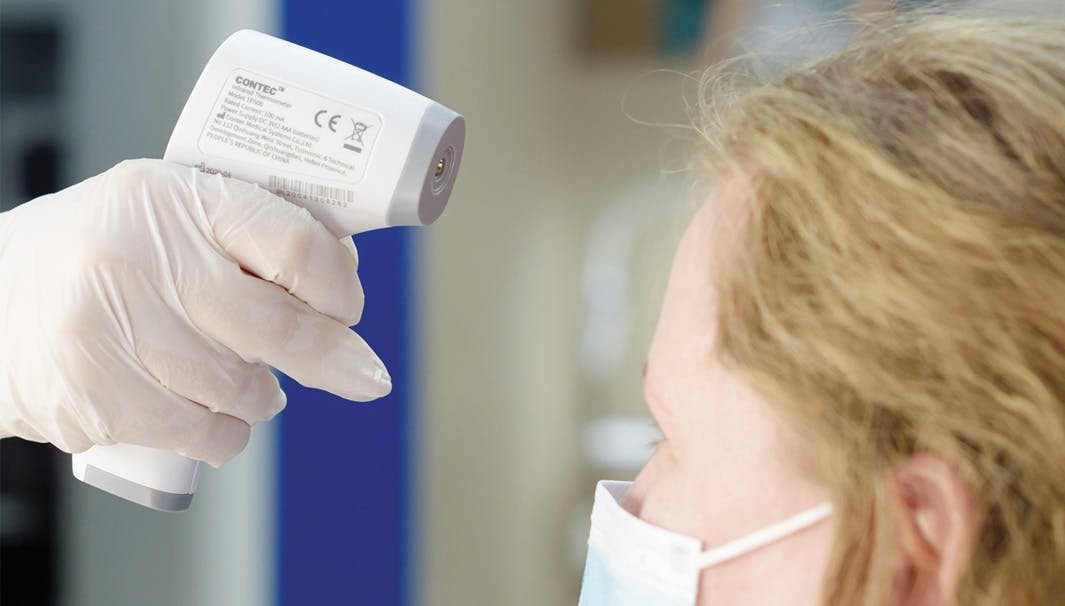
Medtech in a time of crisis
How the COVID-19 crisis changed my perception of the medical device regulatory framework
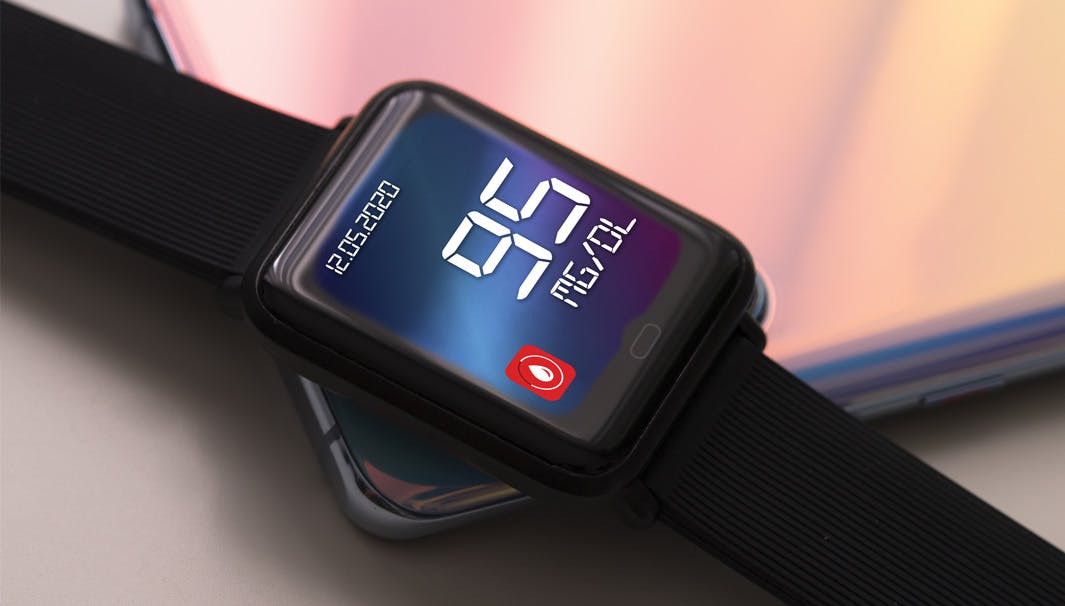
Digital disruption in diabetes care
What a rollercoaster the last few months have been – a world has been defined through the lens of a global COVID-19 pandemic has embraced digital technology
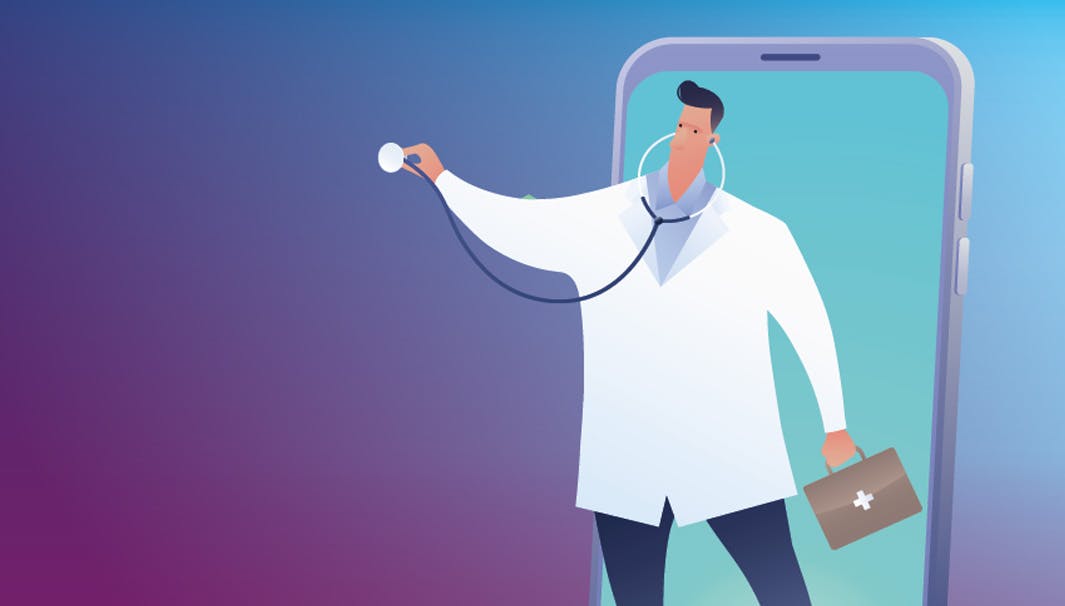
Telemedicine in the spotlight
How the COVID-19 crisis changed my perception of the medical device regulatory framework
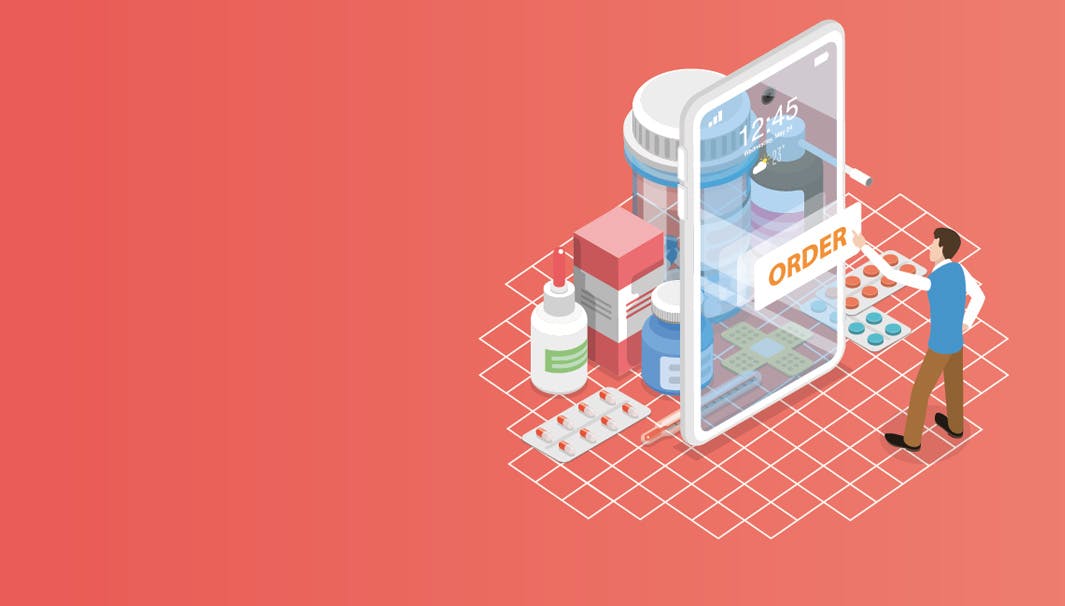
Pharmacy’s digital future
A pharmacy student’s view on digitalisation and eHealth in community pharmacies across Europe
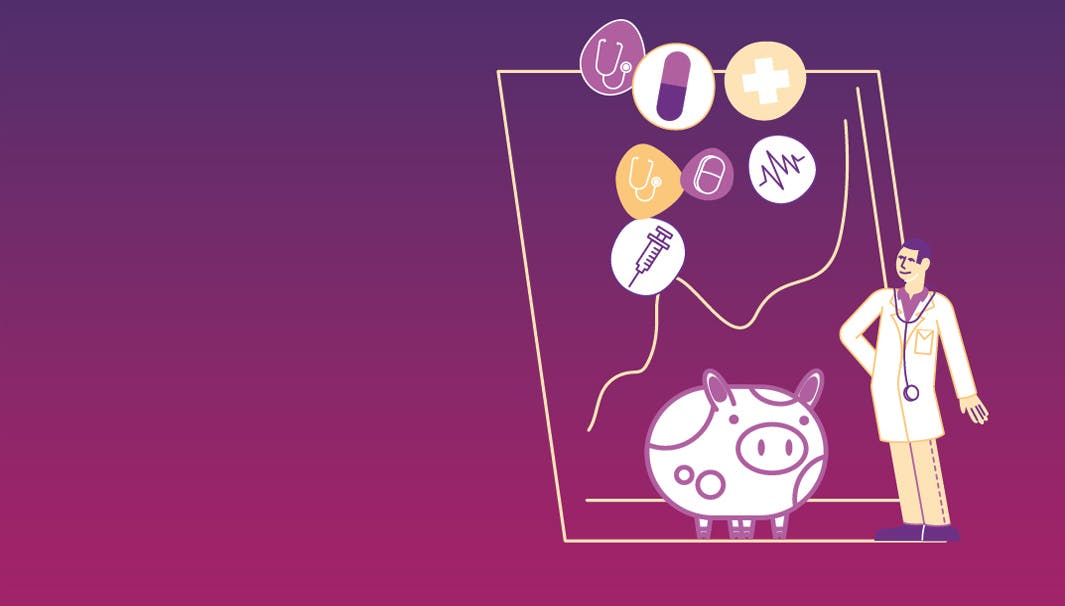
Regions can drive value
Procurement of innovative solutions by regional authorities will help public healthcare systems rise to the challenges we face

The digital transformation of cancer care
New Digital Health Network will focus on embracing new and existing digital tools

Europe’s post-crisis vision
The COVID-19 pandemic sparked a crisis in our health systems from which we must learn – research and innovation on post-acute and long-term care are essential
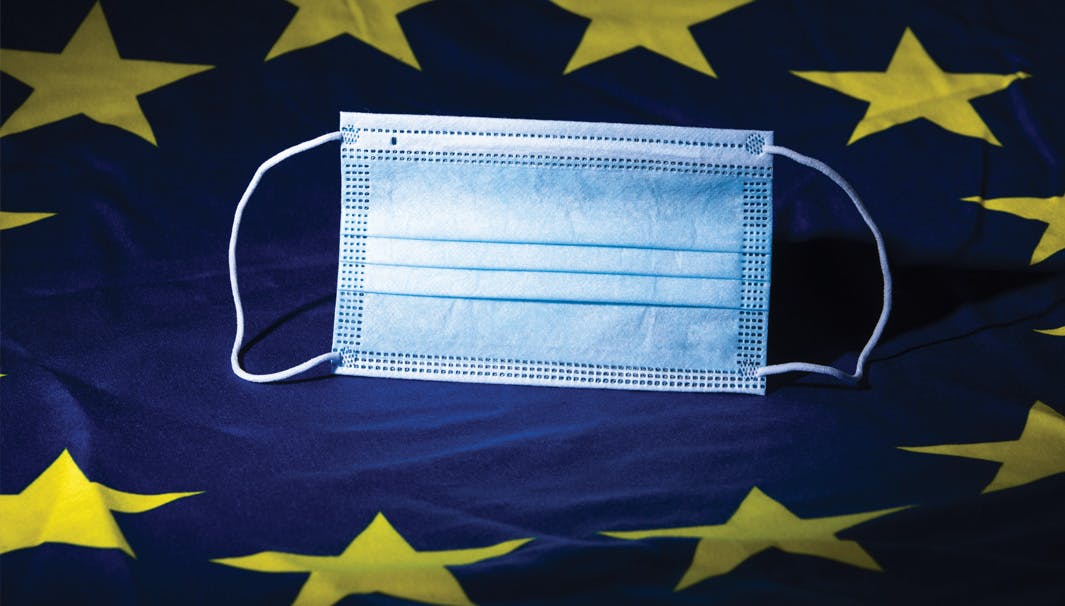
Wanted: EU action on health
The new second mandate of the European Parliament Interest Group is an opportunity to focus on innovation in health and social care

Medtech in a time of crisis
How the COVID-19 crisis changed my perception of the medical device regulatory framework
Kyun Thibaut
Managing Director, COVARTIM
From February to May 2020, while fighting the coronavirus, Belgium faced a shortage of medical devices. Not only were health professionals running out of masks, but hospitals were also low on closed-loop aspiration systems, swabs, connectors, valves, and so on.
I was a member of multiple task forces, operating at federal and private levels, seeking solutions. We were confronted with a challenge: there was simply not enough time to follow the classic process to launch a new product on the market.
However, no matter how bad the situation is, regulations and rules are to be followed to ensure safety and performance of any new medical device. Up to that point in time I had believed the regulatory framework was inflexible; I was wrong.
On top of EU recommendations to allow the temporary usage of non-CE marked devices, Belgium introduced a special framework to give hospitals access to new solutions that had not followed the traditional regulatory pathway.
This scheme allowed the delivery of products in record time and we believe this was decisive at the peak of the crisis. During the pandemic, CE marked products were of course still circulating, but there were other products circulating alongside them. Products which entered the market via emergency procedures will need to either disappear or undergo CE marking once the crisis passes.
I am sure that with a strong government willingness to develop sustainable local production capabilities of some critical medical devices, new stakeholders will emerge to help our country to prepare in the future.






